Dr Caroline West is a sex educator and host of the Glow West podcast, which focuses on sex, sexuality, and the body. Here, she speaks to Irish women about how they think about their sexuality in the context of International Women's Day.
As we celebrate International Women's Day 2025, there is a focus on the conditions facing women when it comes to equal pay, health equality, working conditions, and more. But what about sex?
Women experience equality and inequality in their intimate lives as well as their public and professional lives, so looking at how they experience relationships, dating, and intimacy on their own terms can tell us so much about women’s lives in Ireland today.
Is sex in 2025 a pleasure paradise for women, or have some things not changed at all? I asked some women to share their thoughts on their experiences of relationships and intimacy in Ireland.
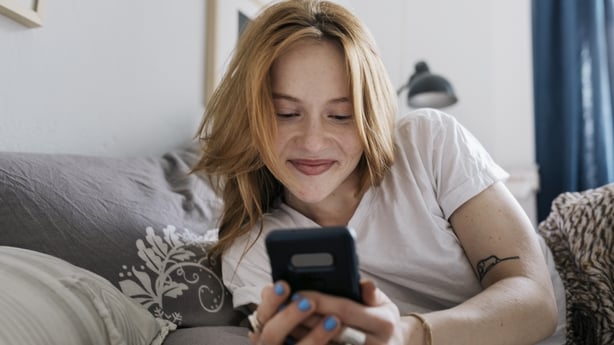
Online dating has dominated Irish relationships for over a decade now, but it's not been plain sailing for all swipers. Snap judgements online mean that people don’t look at each other as full humans with plenty to offer. Instead, your first photo has milliseconds to capture someone's attention, and that's before you weed out the catfishes and cheaters.
Online dating fatigue has well and truly set in, with all dating apps reporting lower user numbers in 2025. Ola, in her early 20s, explains why she is part of the growing trend of shunning active dating:
"One of the things that turns me off dating now is men who make comments on my skin colour, and they don’t seem to see anything wrong with calling me names that they think are cute but are really just racist", she says.
"That, and the ghosting. People either just disconnect or fade away, and a few times I’ve been ghosted when I'm already waiting in the bar for them. I just don’t think it's worth the hassle, so I’m focusing more on myself now, and I’ve no regrets so far."
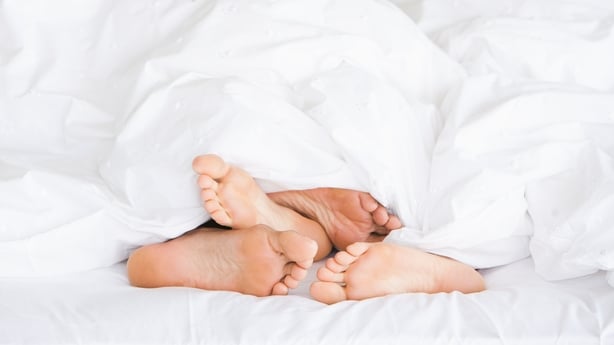
Sex shops came into Ireland in the 1990s and were mostly for men, but now women can enjoy online shopping and quality sex toys designed by women for women. In her 30s now, Jen says that learning how to love herself has meant a rise in her overall happiness and recommends it to everyone:
"I never had fully satisfying sex when I was in my 20s. Now in my 30s, I have a whole collection of toys in my bedside drawer, and I’m having a great time with men who put my pleasure first. I think part of why I couldn't explore sex fully was because the people I was with didn't really care about my pleasure - it was all about them. I don't think I even had an orgasm in my 20s. I’m never going back to that now!"
For LGBT+ people, it is just over 30 years since homosexuality was decriminalised in Ireland. 46-year-old Siobhan says that her sexuality was something that she did not feel safe to explore, but is now taking steps to find out what her sexuality means to her:
"I didn’t feel comfortable exploring my bisexuality when I was younger", she says. "I feel like a lot of the queer spaces that were around then were mostly for gay men, but now there's so much for women. I’ve joined a few groups and the value of having a safe community to talk to and be part of is priceless. I've dated some women now, and it's been so nurturing and real. I feel like I can be me."
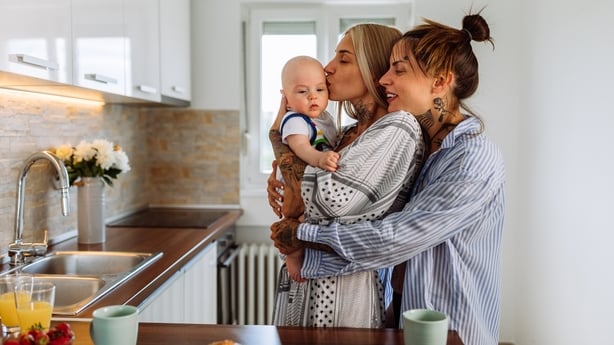
That change in openness is a key factor in ensuring everyone can enjoy positive sexual rights. When it's missing, it leads to trauma, as Kathleen found. In her early 50s, Kathleen spoke about a shared reality for many women: that other people’s decision to enact sexual violence on us knocks our sexual wellness off track, halting it completely in some situations.
"I am a bit of a late bloomer", she says. "I’m in my 50s and have been single for decades. That suited me, because I had some bad experiences when I was younger, and I never spoke to anyone about it.
"I feel stronger now, and I’m going to make an appointment with a counsellor to talk through what happened, because I know now it wasn't my fault, and that there are good people out there. I might even date again, but that's probably a long way off. Still, it's nice to feel like it might be an option. I have hope."
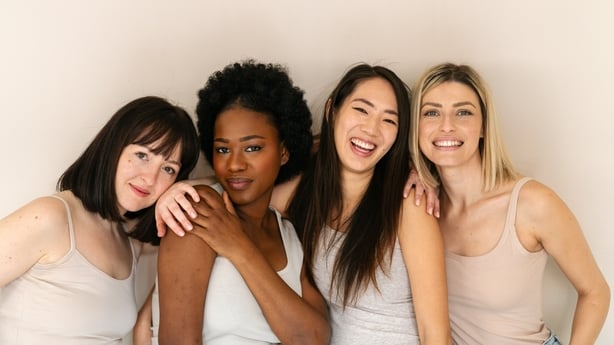
When asked what they hoped that future generations of Irish women would experience when it came to intimacy, they all had passionate answers.
All the women featured here, and others that chatted to me about this piece, felt strongly that while there was enormous progress around equality in Ireland, there were still mountains of work to do. Mary reflects on a change in how we speak about abuse in the home:
"I hope that no one else has to go through what I went through", she says. "We had to keep silent about what happened to us and just put up with awful behaviour. I remember my friend reaching out for help when her husband was hitting her, and she was told to shut up and let her husband be the man of the house.
"We all helped her as much as we could, and now thankfully she's free of him. Now it's great to see so much information for young girls, and they are learning that they don’t have to put up with this."
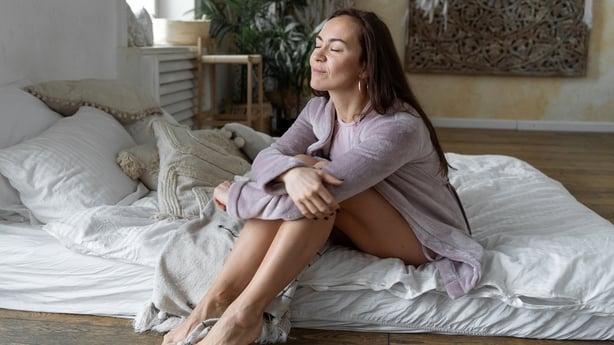
The housing crisis is also having a huge impact, with many daters finding their intimate lives are stunted by having to remain living at home, or having to live in less than ideal circumstances, or feel trapped in abusive situations.
In order to achieve true equality, we must also include both sexual wellness and sexual violence in these efforts.
The right to live safely and be free to make our own choices and decisions about our lives, extends to the right to have sex on our own terms. We must be safe from violence in order to flourish, and while enormous progress has been hard fought for, we must keep going.
The views expressed here are those of the author and do not represent or reflect the views of RTÉ.
If you have been affected by issues raised in this story, please visit: www.rte.ie/helplines.


